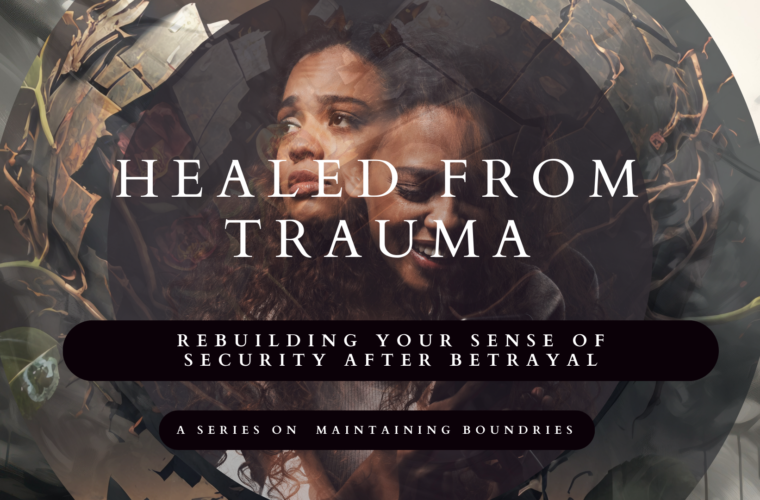Betrayal can be a deeply traumatic experience, leaving scars that linger long after the initial wounds have healed. The aftermath can shatter one’s sense of security and trust, whether it’s a betrayal in a personal relationship, friendship, or even a professional setting. However, the journey to healing from betrayal is possible, and it involves rediscovering your inner strength and rebuilding a resilient sense of security.
Understanding Betrayal: Betrayal is a breach of trust, a rupture in the foundation of a relationship. It can manifest in various forms, such as infidelity, deception, or a violation of personal boundaries. The emotional impact of betrayal is profound, often leading to feelings of shock, anger, sadness, and a pervasive sense of insecurity.
Acknowledging Your Pain: The first step towards healing is acknowledging the pain caused by betrayal. It’s essential to confront and process the emotions rather than burying them deep within. This acknowledgment is not a sign of weakness but a crucial aspect of reclaiming control over your emotions.
Seeking Support: Recovering from betrayal is not a journey one should undertake alone. Seeking support from friends, family, or a therapist can provide a safe space to express your feelings and receive guidance. Talking through the experience with someone you trust can be instrumental in gaining perspective and understanding.
Setting Boundaries: Betrayal often results from a breach of boundaries. In the healing process, it’s important to reassess and establish clear boundaries for future relationships. Setting healthy boundaries is a proactive step towards protecting yourself and maintaining a sense of security.
Self-Reflection and Forgiveness: Self-reflection is a powerful tool in the healing process. Take the time to understand your role in the relationship and identify areas for personal growth. Forgiveness for yourself and the betrayer is a crucial aspect of letting go and moving forward. It does not excuse the betrayal but frees you from the burden of resentment.
Rebuilding Trust: Rebuilding trust, whether in future relationships or in the same relationship, is a gradual process. It involves open communication, consistency, and a commitment to transparency. Trust is earned over time and allowing it to develop naturally is vital to restoring a sense of security.
Cultivating Resilience: Healing from betrayal requires cultivating resilience. This involves developing coping mechanisms, practicing self-care, and focusing on personal growth. Embracing resilience allows you to emerge stronger from the experience, armed with the wisdom gained through adversity.
Healing from betrayal is a transformative journey that requires time, self-reflection, and support. Rebuilding your sense of security involves acknowledging the pain, seeking support, setting boundaries, and cultivating resilience. While the scars may remain, the experience can serve as a catalyst for personal growth and the rediscovery of inner strength. Remember, healing is a process, and with patience and self-compassion, you can emerge from the shadows of betrayal into a brighter, more empowered future.




